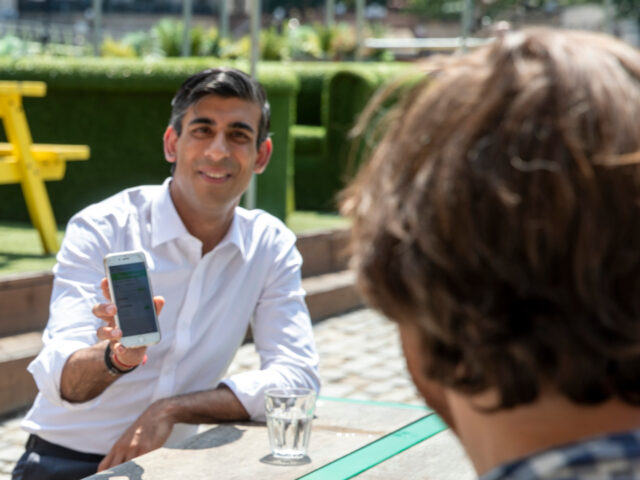More than a dozen British government departments have reportedly established systems to monitor the social media activities of those critical of the administration, producing “secret files” to prevent them from speaking at government-organised conferences or other events.
A report from The Observer, the sister paper of The Guardian, found that at least 15 government departments, including the ministries of culture, environment, food health, media, rural affairs and sport, have issued guidance to bureaucrats to monitor Facebook, Instagram, LinkedIn, and Twitter (X) accounts of those believed to be critical of the government.
The deep state employees were also instructed to compile secret dossiers on individuals by searching for specific terms such as their name alongside “criticism of government or prime minister”. Those who are deemed too critical of the government would be banned from being invited to speak at government-organised conferences or other functions.
The Department for Digital, Culture, Media and Sport (DCMS) issued guidance calling for the compilation of “a minimum of five to 10 pages of results” on individuals critical of the government over the past three to five years and to ensure that they “record this information for future reference.”
The Department for Education reportedly told staff that if someone had been critical of its policies or even responding favourably to a negative post on social media, it would be “inappropriate” to allow them to speak at one of their events.
Tessa Gregory, a partner at the Leigh Day law firm, which is launching a lawsuit against the government on behalf of two experts impacted by the social media dragnet, told the paper that compiling secret files on private citizens for such purposes is unlawful, breaching data protection and likely human rights laws.
“This is likely to have impacted large numbers of individuals, many of whom won’t know civil servants hold secret files on them. Such practices are extremely dangerous,” she said.
Report: British Army Tracked, Monitored Lockdown Critics https://t.co/Nqsgvdadwf
— Breitbart London (@BreitbartLondon) January 29, 2023
One of those being represented by the firm, Dan Kaszeta, a chemical weapons expert who had his invitation rescinded from a British government defence conference over his posts on social media, said that he is aware of 12 other experts who have been blacklisted from attending government events over political opinions expressed online.
“The full extent of this is shocking and probably not fully known. I was lucky enough to be given clear-cut, obvious evidence. It’s truly awful.”
“I don’t have a duty of impartiality. Nor should I,” Kaszeta continued. “Trying to extend the civil service code to me because I was merely going to talk to an audience with a handful of civil servants is utterly wrong. I’m not a revolutionary Trotskyite.”
The case from Kazeta, who received a public apology from the government in July, revealed that 15 government departments were forced to suspend their social media surveillance after a Cabinet Office review was launched.
A Cabinet Office spokesman said: “As the public would expect, civil service events must reflect the civil service’s impartiality.”
He added: “The government is committed to protecting free speech. We are reviewing the guidance and have temporarily withdrawn it to prevent any misinterpretation of the rules.”
The practice of the government monitoring dissident social media users is nothing new, with the state’s Counter Disinformation Unit (CDU) having reportedly conspired with Big Tech firms during the Chinese coronavirus crisis to monitor and censor those critical of the lockdown measures. Lockdown sceptics were also even tracked on social media by the British Army‘s controversial “information warfare” unit, the 77 Brigade.
Definitely Not Authoritarian: Britain to Introduce Facial Recognition App for Government Services https://t.co/LRVGUsgSL9
— Breitbart London (@BreitbartLondon) October 14, 2021

COMMENTS
Please let us know if you're having issues with commenting.